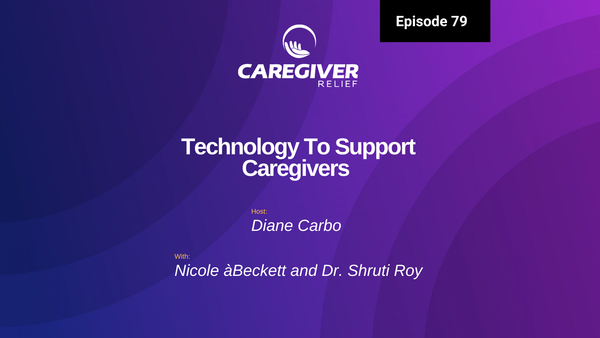Identifying Memory Problems: The Cognistat Test for Dementia Assessment
Learn about the Cognistat Test, a comprehensive screening tool for detecting memory problems and cognitive impairment in loved ones. This test assesses emotion, behavior, and learning ability in individuals and can take up to 20-30 minutes to complete.

Memory problems often stand out as the initial telltale signs of dementia, drawing the attention of family members and caregivers. Frequently, we attribute memory loss to the natural process of aging. However, distinguishing between age-related memory changes and those indicative of dementia is essential. One valuable tool in this realm is the Cognistat test, short for Neurobehavioral Cognitive Status Examination. This assessment aims to evaluate how an individual's cognitive functions, emotions, behaviors, and learning capabilities are influenced by their brain health.
Conducting the Cognistat test typically takes around 20 to 30 minutes, especially in cases involving individuals with dementia. The examination encompasses several areas of cognitive function, including attention, calculation, construction, language comprehension and expression, orientation, memory, abstract reasoning, judgment, and the level of consciousness. The test delves into both immediate and long-term abilities and traits, with a particular emphasis on memory and judgment.
Administering the Test: A Glimpse Inside
The test initiation involves presenting the individual with four unrelated words, such as "apple," "table," "pencil," and "penny," until they can accurately repeat all four words back—twice. Subsequently, the individual is asked a series of thought-provoking questions to assess their cognitive abilities:
"Imagine it's a sunny day, but you hear running water from an upstairs room, and the ceiling is leaking. What would you do?"
"While cooking on the stove, the phone rings. You step away, and later, you see flames in the kitchen. What would you do?"
"A visitor mentions that your house needs repairs and offers to start right away. How would you respond?"
The examination proceeds with the participant being prompted to recall the initial four words. If they struggle, cues and multiple-choice options are offered to aid in retrieval.
Scoring and Insights
Scoring for the first two sections of the test ranges from 0 to 12, based on the level of assistance required:
0: Incorrect or unanswered
1: Answered using multiple choice options
2: Answered with cues
3: Answered through free recall
In the judgment questions, correct answers score 2 points, partially correct responses earn 1 point, and incorrect answers receive 0 points.
The Cognistat test holds a distinct advantage as a comprehensive assessment, excelling in identifying cognitive impairment when compared to other evaluations like clock drawing, the Mini-Mental State Examination, and animal naming. For a deeper understanding, comprehensive information is available on the official product website at www.cognistat.com.
As we navigate the complexities of memory issues, the Cognistat test emerges as an essential tool in our arsenal, aiding in early detection and fostering a more informed approach to dementia management.
You might also like this article:











